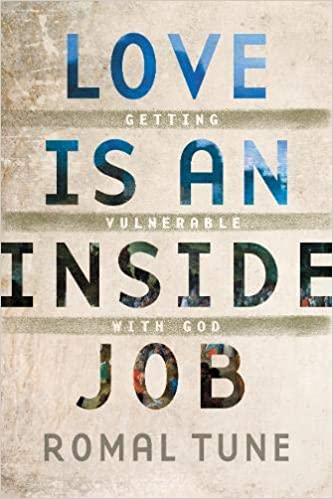The Rev. R. Dandridge Collins, Ph.D., will help people of color from the Eastern PA Conference unveil the often hidden trauma experienced from racism and seek paths to transformational healing during a dialogue on Zoom on Saturday, October 17, from 9 AM to 2 PM.
Dr. Collins, a licensed therapist and minister for three decades, specializes in pastoral counseling and treating trauma. He wrote about being trapped in a debilitating post-traumatic state and how to seek escape through one’s faith in a best-selling 2007 book, The Trauma Zone: Trusting God for Emotional Healing.
Nearly 40 people have registered so far for “Racism, Post-Traumatic Stress, & Transformation,” which has been rescheduled twice. Registration, for only $15, is still open and includes a copy of Collins’ book.* For a scholarship to defray the registration cost contact the Rev. Dawn Taylor-Storm. The Commission on Religion and Race (CORR) is sponsoring the event as part of the Conference’s Call to Action anti-racism initiative.
The workshop—so timely in today’s highly charged racial climate—will include lecture, dialogue, breakout groups and a sharing of resources. It will explore racism in various manifestations; the stress, emotional paralysis and trauma it can cause; and also practical solutions that can lead one to healing, deliverance and growth.
Collins will lead racial-ethnic participants in frank discussions to explore post-traumatic stress caused by racist mistreatment, hostility and conflicts, past and present. Even if such offenses happened long ago, reportedly, the hurtful memories or impressions they leave—feelings of being marginalized or disrespected, even questioning one’s own sanity–are like unhealed wounds and can remain disruptive to one’s life and relationships.
“I want people to be able to talk about what has happened to them and what they have witnessed or experienced vicariously through others,” Collins said in a recent interview. “We will look at what Scripture tells us about overcoming hatred. As Christians, we believe the most powerful resource in the world is not something the world wants to talk about. It’s the love of God—a love that demands justice and creative action on all our parts. Not just a Kumbaya moment for some, but a real call to action, a tour de force that involves and can affect all of us.”
The “most practical and painful manifestation of racism we are dealing with today,” Collins explained, “is police mistreatment and brutality” against African Americans. It is something he himself suffered as a teenager and still poignantly recalls. He said resolving it requires the conscientious, collective action that is emerging today in a growing, interracial social protest movement and in substantive political and policy changes.
But one key challenge is gaining the trust of people of color who have seen social change movements stop and fall short of making a difference in their lives before. “People of color are just tired of having to suffer and deal with racism for so long,” Collins said. “We have to find ways to replenish and empower each other, and find collective solutions.”
While professional athletes and protesters appear to have done that recently with their collective Black Lives Matter actions, it remains a challenge in The United Methodist Church, which has embarked on a new denominational Dismantling Racism initiative.
“What people who have been traumatized look for is what experientially feels different: How is change measured and translated into a better quality of life for us,” said Collins.
The former president of the Delaware Valley Association of Black Psychologists has a practice in the Philadelphia area and has appeared on radio and television. He has spoken to groups on the meaning of trauma and its impacts on clergy and congregations. Read “Conference to address traumatic stress from racism” to learn more.

*Registrants will also receive a copy of Romal Tune’s new autobiography Love Is An Inside Job. Both books have been, and will be, mailed to registrants before and after the workshop.
